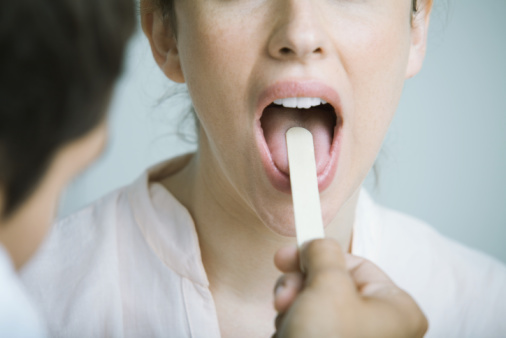And…May 12-18 is Health Screening Awareness Week
What Preventative Health Screenings Do Women Need to Stay Healthy? Dr. Angela DeRosa, DO, MBA offers this advice:
Preventative health screenings are important but there is conflicting information about who needs them, when the right time is to get screened and how often certain tests should be done. May is National Women’s Health Month and May 12-18 is Health Screening Awareness Week, so it’s time to set the record straight and take health matters into your own hands.
“Preventative health screenings are some of the most effective ways we have to fight disease. Early detection allows for early intervention, which increases the chances of a better outcome,” said Dr. Angela DeRosa, president and chief managing officer of DeRosa Medical, a private women’s heath medical practice with locations in Scottsdale, Glendale, Chandler, and Sedona, Arizona. “It’s important for women to know what tests are recommended for them to have and when they should begin having them.”
Dr. DeRosa suggests these Top 5 tests for her patients:
- Heart disease is the number one killer of women worldwide, six-times more likely to cause death than breast cancer. Based on these statistics, women over the age of 50 should have an electrocardiogram (EKG) yearly.
- Skin cancer screenings must be conducted every year no matter what your age. The American Cancer Society anticipates Arizona will have 1,650 new cases of melanoma in 2012.
- Pap smears should be done annually between the ages of 21 and 30 and then every 3 years in patients older than 30, providing they are in a monogamous relationship and have a history of normal pap smears.
- Starting at age 40, mammograms need to be performed every other year and annually after age 50. Another test for breast cancer is detectDX breast test for women ages 35-75. Getting a specialized breast cancer blood test along with a mammogram to detect breast cancer can be done before 40 too.
- A colonoscopy should be performed at age 50 to screen for colon cancer. After a baseline is established, follow up tests should be done every 5-10 years.
“Women spend a lot of time caring for others, so they often don’t make their own health a priority,” stated Dr. DeRosa. “National Women’s Health month is a great time for women of all ages to take control of their own health by getting the recommended screenings, and by making a commitment to being active, eating right and making their own mental well-being and hormonal health a priority.”
ABOUT DR. ANGELA DEROSA:
Dr. Angela DeRosa, DO, MBA, CPE, is a dynamic professional on a mission to change the face of Women’s Health and Wellness. Dr. DeRosa has more than 20 years’ experience in the medical industry, both on the pharmaceutical side and in clinical practice. She is the founder of DeRosa Medical, with offices in Scottsdale, Glendale, Chandler, and Sedona, Arizona. www.derosamedical.com
